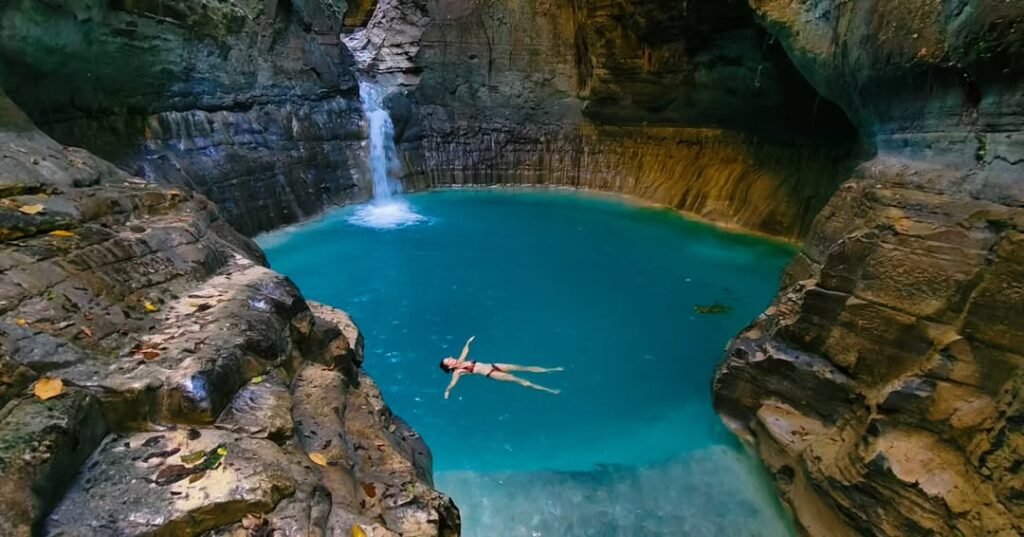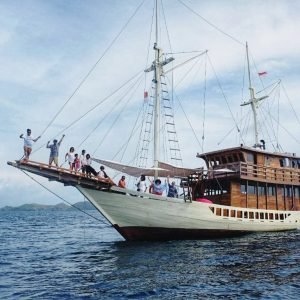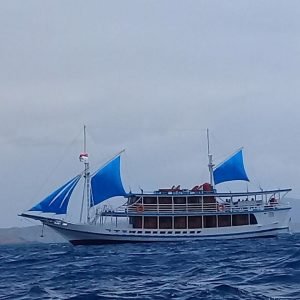Introduction to Sumba Island
Sumba Island Tour-Located in the East Nusa Tenggara province of Indonesia, Sumba Island is a destination that captivates the imagination with its unique blend of natural beauty and rich cultural heritage. This relatively lesser-known island is often overshadowed by more popular tourist hotspots in Indonesia, making it a hidden gem awaiting discovery by adventurous travelers. Geographically, Sumba is characterized by its rugged hills, striking cliffs, and pristine beaches, offering a diverse landscape that appeals to nature lovers and outdoor enthusiasts alike.
What sets Sumba apart is its deep-rooted traditions and vibrant culture. The island is home to various indigenous tribes, each with their unique customs and traditional practices. From the majestic Pasola festival, where locals engage in a thrilling horseback-riding competition, to the elaborate burial rites that highlight the community’s respect for ancestors, Sumba is a living testament to the resilience of its cultural identity. Visitors can explore megalithic tombs, traditional villages, and intricate woven textiles, providing a glimpse into the island’s artistic heritage.
The warmth and hospitality of the Sumbanese people further enhance the allure of the island. Known for their generosity, the locals are eager to share their stories and showcase their lifestyle, making travelers feel welcome and engaged. This close-knit community embodies a way of life that is intertwined with nature, reflecting their symbiotic relationship with the land and sea.
Choosing to embark on a Sumba Island tour offers travelers an authentic experience, unlike any found in more frequented tourist areas. It is an opportunity to connect deeply with both nature and culture, all while enjoying the tranquil beauty of this pristine destination. Sumba Island may often be overlooked, but those who venture here will find themselves enriched by its wonders.
Best Time to Visit Sumba Island
When planning a Sumba Island tour, understanding the best time to visit is crucial for maximizing the experience. The climate on Sumba Island is characterized by a distinct wet and dry season, which greatly influences the weather conditions and the overall atmosphere for tourists. The dry season, which typically spans from April to October, is often regarded as the ideal time for visitors. During these months, the weather is generally sunny and dry, making it perfect for outdoor activities such as hiking, beach visits, and sightseeing tours. The dry season allows travelers to fully enjoy Sumba’s breathtaking landscapes, including its pristine beaches and lush hills.
The wet season, occurring from November to March, brings heavy rainfall and humidity, which can hinder outdoor tours and activities. However, this season also transforms the island’s natural beauty, as the rain nourishes the vegetation, resulting in vibrant greenery and cascading waterfalls. For travelers who enjoy a quieter experience, visiting during the wet season can provide an opportunity to explore Sumba with fewer crowds.
Beyond the weather, local festivals throughout the year significantly enhance the Sumba Island tour experience. One notable event is the Pasola Festival, which typically occurs in February or March. This traditional event involves a bountiful display of horsemanship and spear-throwing, celebrating the agricultural calendar and drawing visitors from across the region. Additionally, Christmas and New Year festivities bring a unique cultural flavor to the island, showcasing Sumba’s rich traditions. Attending these festivals allows travelers to gain a deeper understanding of the local customs and connect with the community on a meaningful level.
Overall, while the dry season is ideal for outdoor activities, the vibrant local festivals and the unique beauty of the wet season present compelling reasons to consider visiting Sumba Island year-round.
Top Attractions and Activities on Your Sumba Island Tour
When embarking on a tour of Sumba Island, visitors are greeted with a plethora of attractions and engaging activities that showcase the island’s unique culture and natural beauty. One of the island’s most stunning sites is the Weekuri Lagoon, a saltwater lagoon renowned for its crystal-clear waters. This lagoon offers an idyllic spot for swimming and enjoying the serenity of the lush surroundings. The vibrant blue hues of the water, contrasted with the rugged landscape, provide a stunning backdrop for photography enthusiasts.
Another cultural highlight is the Pasola Festival, an annual event celebrated by the local Sumbanese people. This traditional ritual involves a horseback battle between two groups, symbolizing a fertility rite and bringing an exhilarating atmosphere to the island. Attending the festival allows visitors to immerse themselves in the rich traditions and vibrant community spirit, making it a memorable part of any tour.
Exploring traditional villages is a must during your Sumba Island adventure. Ratenggaro and Wainyapu are two villages that offer a glimpse into the island’s customs and architectural heritage. Walking through these villages, tourists can witness age-old customs, experience local hospitality, and observe the intricacies of daily life. Engaging with local guides enhances this experience, as they provide valuable insights into the history and traditions that shape Sumba’s identity.
Outdoor enthusiasts will find ample opportunities for hiking and surfing on Sumba Island. The island’s rugged terrain, pristine beaches, and surfable waves create an ideal environment for adventure. Beaches like Marosi and Tarimbang are popular for surfing, catering to both beginners and experienced surfers. Meanwhile, hiking trails provide access to breathtaking viewpoints, where the natural beauty of Sumba can be fully appreciated. Whether it’s engaging in adventure sports or leisurely exploring cultural sites, Sumba Island offers diverse attractions that make for an unforgettable tour experience.
Tips for Planning Your Sumba Island Tour
Planning a trip to Sumba Island requires thoughtful consideration to ensure an enjoyable experience. Start by booking accommodations that cater to your preferences, whether you prefer luxury resorts, guesthouses, or eco-lodges. It is advisable to reserve your stay in advance, especially during peak tourist seasons, to avoid any last-minute complications. Research online reviews to choose a spot that aligns with your needs and comfort level.
When it comes to local tour operators, selecting a reputable company can greatly enhance your experience. Opt for operators that prioritize ethical practices and focus on sustainability. Customized tours can provide a more enriching experience, as they are designed to cater specifically to your interests—be it cultural explorations, adventure activities, or relaxation on pristine beaches.
Transportation options on Sumba are diverse, including motorbike rentals, local taxis, or guided tours that provide vehicles. However, understanding the area is essential; roads may vary in condition, so planning ahead will ensure you reach your destinations smoothly. Do consider hiring a local guide, not only to assist in navigating the terrain but also to enrich your cultural experience.
Packing adequately for your Sumba Island tour can significantly improve your comfort. Essentials include lightweight clothing suitable for warm weather, sturdy footwear for outdoor activities, swimwear, and sun protection. Additionally, cultural considerations such as dress codes should be observed, especially when visiting villages or participating in local ceremonies. It is respectful to wear modest clothing that covers the shoulders and knees.
Lastly, prioritize eco-friendly travel practices. Always dispose of waste responsibly, opt for reusable products, and be mindful of preserving the local environment and wildlife. By respecting local customs and communities, you contribute positively to the islands’ allure and help maintain Sumba’s cultural heritage.








